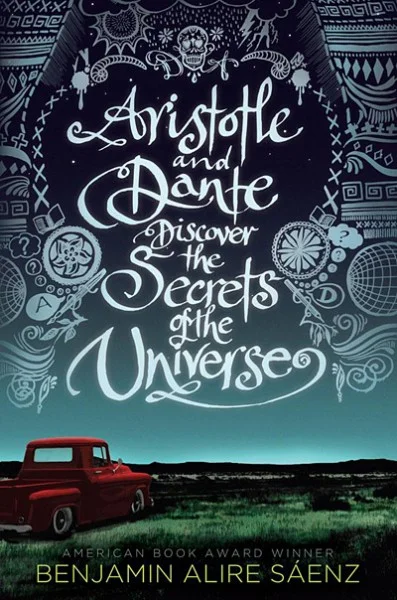One of the best books I read this summer that still pushes me to self reflect and learn more about myself and the world around me is Paul Kalanithi’s memoir, When Breath Becomes Air. In his novel, Kalanithi chronicles his journey as a neurosurgeon, husband and eventually, a father after being diagnosed with stage four lung cancer at age 36. Throughout the book, we accompany him as he reconciles with his diagnosis by searching for inner peace, meaning and acceptance in his family, career, health and more. By the end of this novel, you will not only be awed and inspired by Kalanithi’s wisdom, but faced with many of the same questions and life lessons Kalanithi poses.
There are so many reasons to read this book. You will witness growth, reflection and hope. But perhaps my biggest takeaway from Kalanithi is his message on facing life and how we can really make sense of even the most confusing times. At one point, Kalanithi looks back on his years as a med student and recounts the many tireless hours of committing to his work that defined this part of his life. He explains how so much of his purpose came from treating and saving patients but notes the overwhelming confusion and struggle that came with facing death. As Kalanithi comes to terms with cancer, he is confronted by many questions about his future, including his life’s purpose after being unable to practice surgery and how cancer will affect his relationships with friends and family. We especially sense his inner struggle to reconcile with what could have been… the plans that seemed not so far off before the cancer diagnosis.
Many of the questions Kalanithi raise are specific to his experiences with cancer, but his inner doubts about the meaning of success and one’s life purpose are not far off from what many of us wonder about, especially during challenging times. He specifically describes his journey to acceptance by chronicling and reflecting on his road to becoming a doctor, a husband and a father.
As I read this novel, I could not only sense how grateful Kalanithi was, but just how impactful he was to those around him, including his wife, siblings and even parents, who learned to appreciate and understand life because of him. One quote of his particularly struck me: “You can’t ever reach perfection, but you can believe in an asymptote toward which you are ceaselessly striving.” He writes this just as he wraps up recalling some important milestones in his life; he never achieved perfection but accomplished something more: fulfillment.
Whether you are going through a rough time, want a good read or looking for something to be invested in, this book will not fail you.
P.S- I encourage everyone to check out this article written by Paul Kalanithi’s wife, Lucy Kalanithi.
Feature image via.






